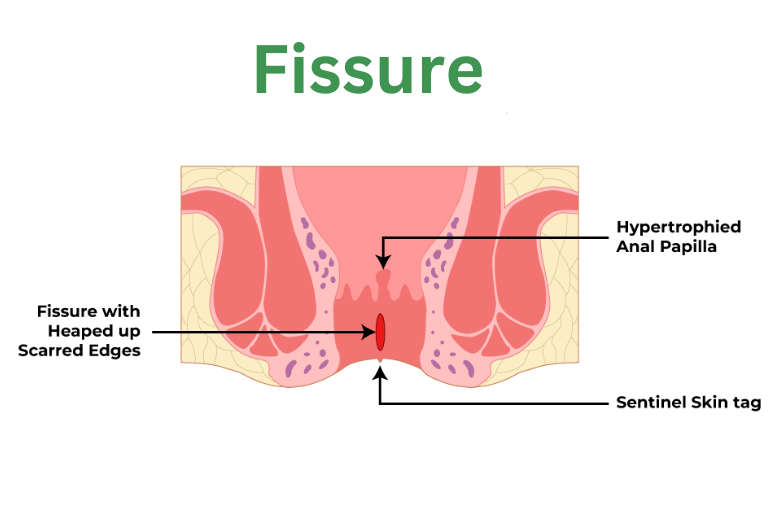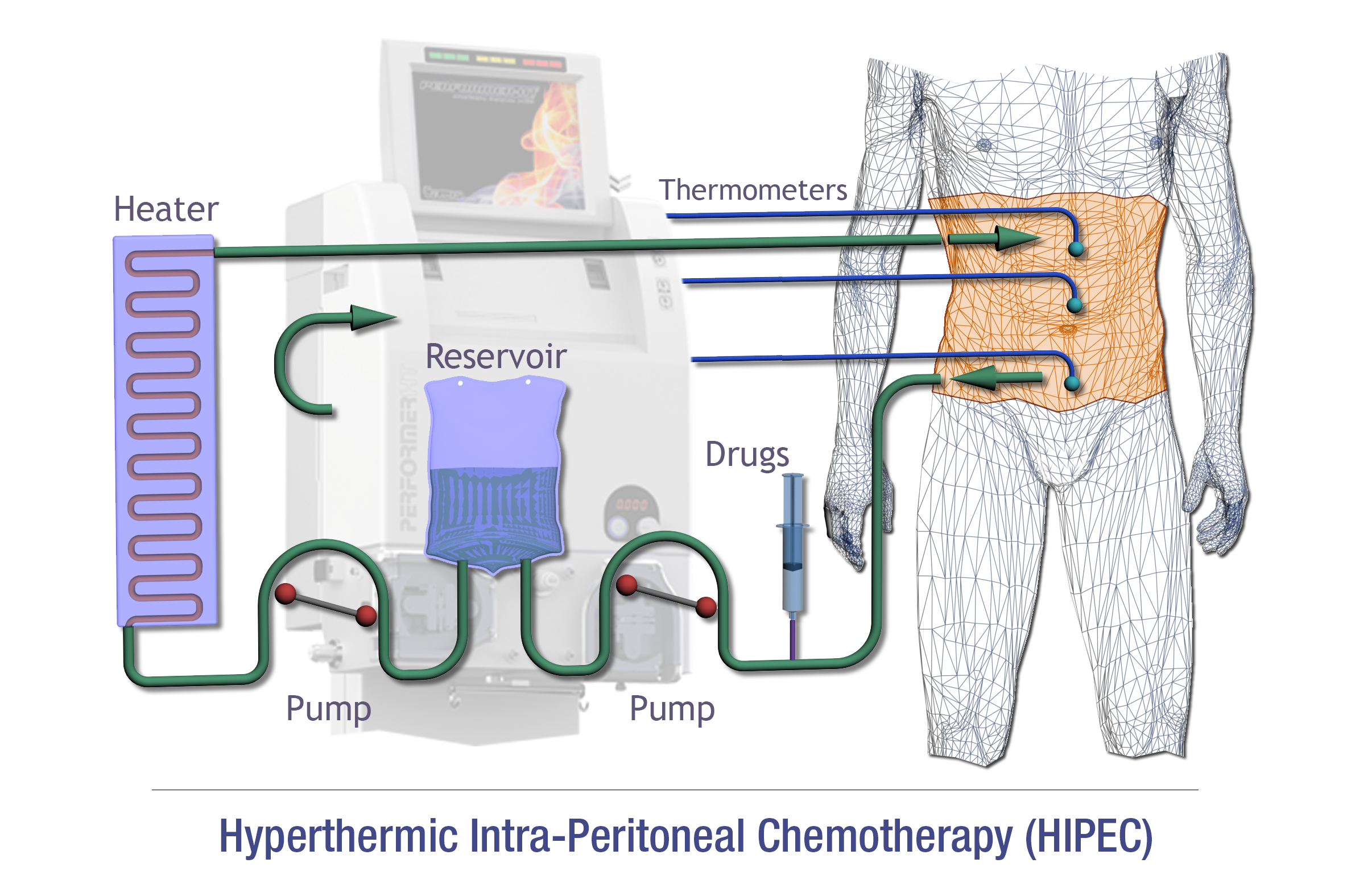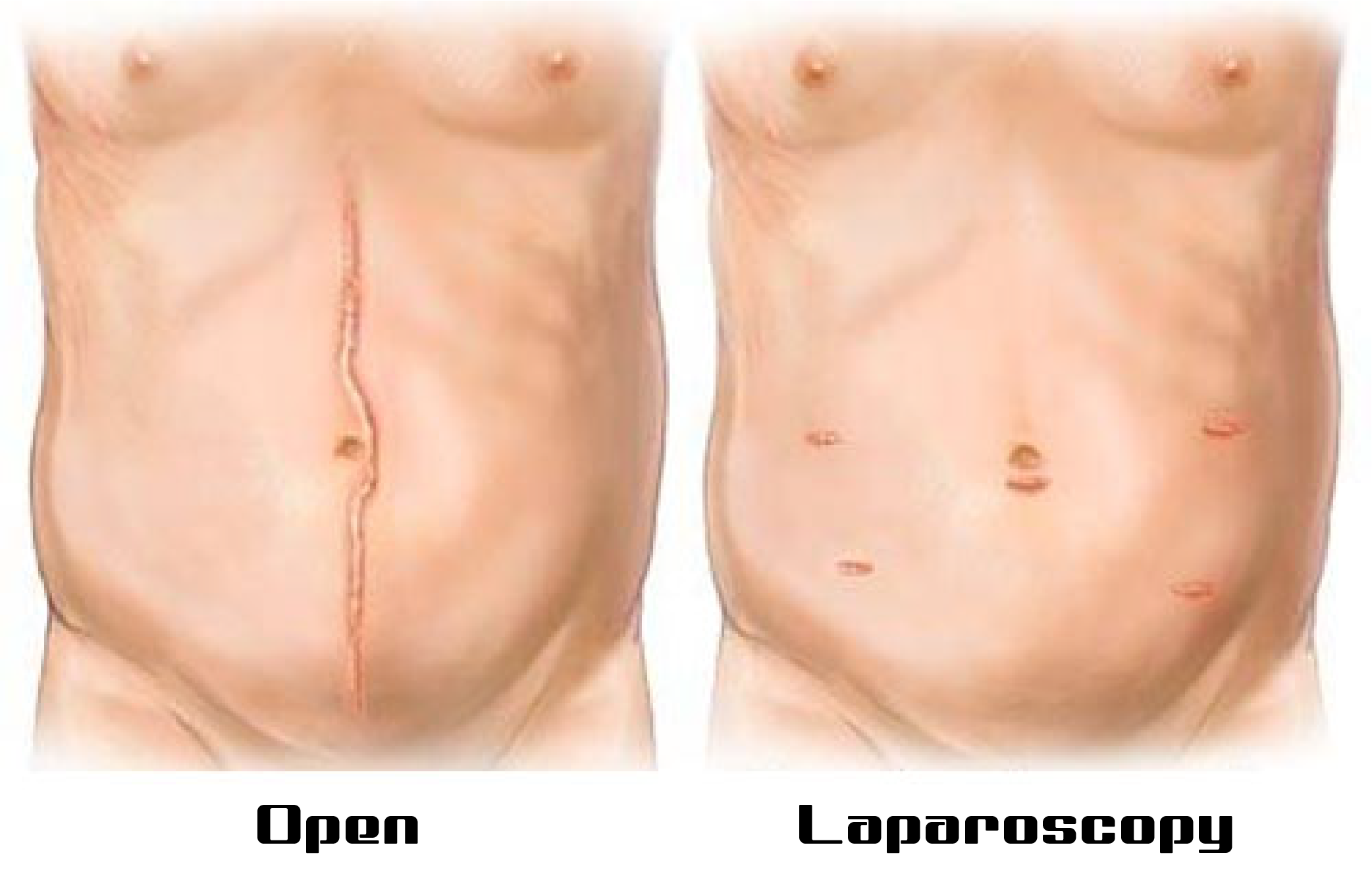Surgery for anal fissures is typically recommended when conservative treatments fail to alleviate symptoms or when the fissure becomes chronic. Surgery is generally reserved for cases where non-invasive treatments have not provided sufficient relief. It’s essential for individuals to discuss their specific situation with a healthcare provider to determine the most appropriate course of action.
Failure of Conservative Measures: Surgery is recommended when conservative treatments, such as dietary changes, fiber supplements, and topical medications, fail to alleviate symptoms of anal fissures.
Chronic or Recurrent Fissures: If anal fissures become chronic or recur despite initial treatments, surgery may be considered as an intervention.
Persistent Symptoms: Surgical intervention is typically advised when individuals continue to experience persistent symptoms, including pain during bowel movements and bleeding.
Ineffectiveness of Medications: When topical medications prescribed to relax the anal sphincter muscles and promote healing do not effectively improve the fissure, surgery may be recommended.
Specific Surgical Procedures: Surgery for anal fissures often involves procedures like lateral internal sphincterotomy, which aims to reduce sphincter muscle tension and enhance the healing process.
Consultation with a Healthcare Provider: The decision for surgery is individualized, and it is crucial for individuals to consult with a healthcare provider who can assess the severity of the condition and recommend the most suitable course of action.
It’s important to note that surgery is generally considered after other less invasive treatments have been exhausted, and the decision to undergo surgery should be made in consultation with a healthcare professional.
Prioritize your digestive health with Dr. Chintamani Godbole, a leading Gastrointestinal Doctor in Mumbai. Receive personalized care for your gastrointestinal concerns and embark on a journey towards optimal digestive well-being. Book your consultation now!




